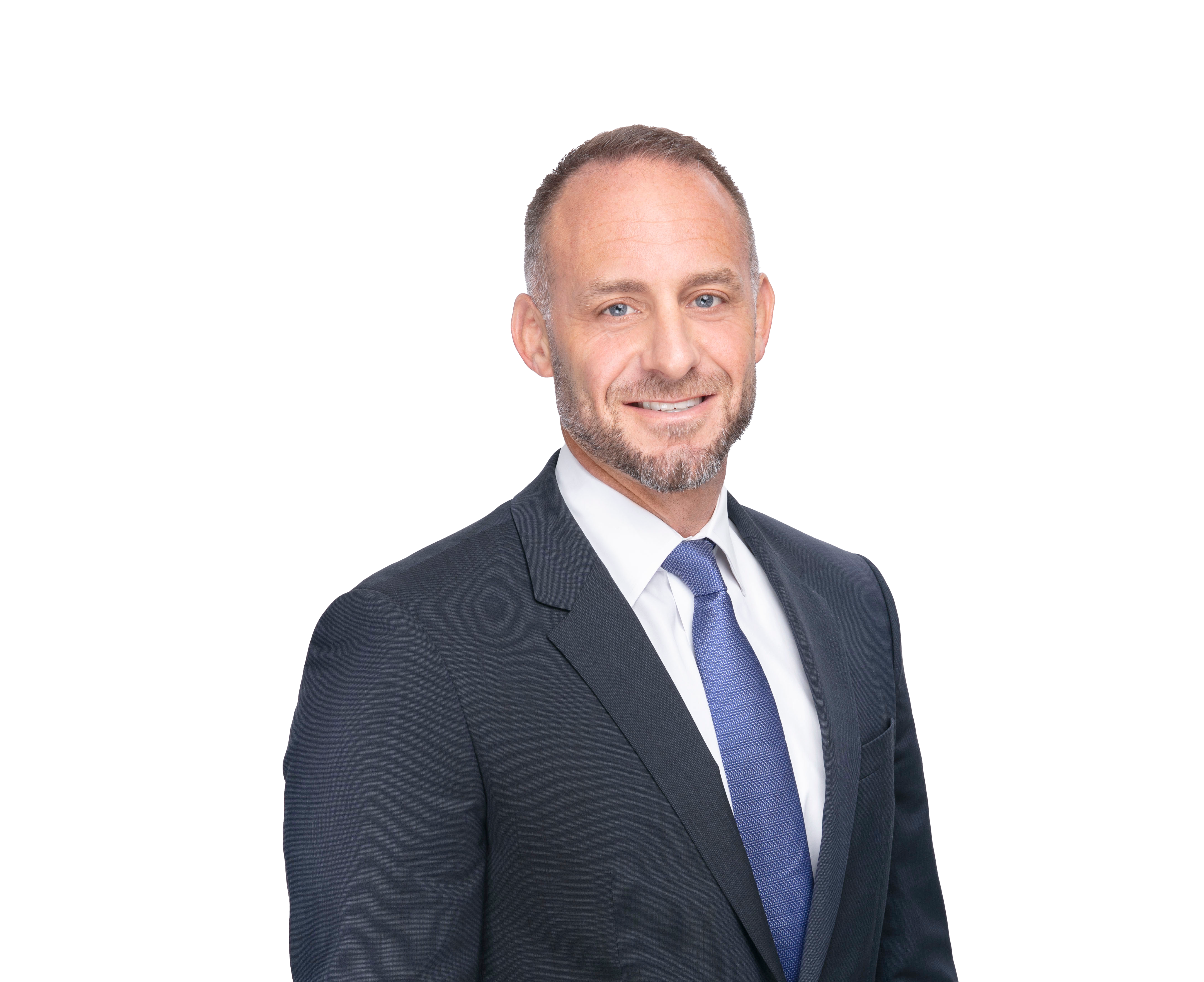
The Decision and “Fake News?”
According to a report by Orlando Weekly, Citrus County Library officials made a request to their local representatives to approve a spending measure – which totaled $2,657.00 – that would provide all library cardholders digital access to one of the nation’s most prominent newspapers: The New York Times. The library officials received a resounding and unanimous “no” from its commissioners, with one calling the media organization “fake news.” The same day the county commissioners refused funding for digital access to the paper, the Trump administration also announced its cancellation of federal agencies’ subscriptions to other well-known news organizations. The commissioners further noted they agreed with the Trump administration and did not want the paper in Citrus County. Many can conclude that the Citrus County Commissioner’s actions – specifically, the basis upon which they denied the library funding to provide its library members access to The New York Times – was an unconstitutional act of government censorship.
To consult with an experienced litigation lawyer today
855-780-9986
Censorship and the Government
The First Amendment of the United States Constitution prohibits restrictions on free speech. This includes unreasonable outlaw of speech or punishing individuals after their views have been expressed. All areas of government are prohibited from improperly censoring speech including:
- Local legislative bodies
- Other elected officials
- State and federal legislatures
- Judges and courts
- Law enforcement officers and agencies
- Public schools and universities
Censorship is the suppression of images, words, or ideas that are “offensive.” Censorship also happens when one or more persons is successful in imposing his or her personal, moral or political values on others. Censorship initiated by any level of government violates the U.S. Constitution.
Right to Free Speech
The right to publish and speak under the First Amendment has been a cornerstone right in America. This right has been interpreted generously, protecting both society and its individuals from attempts by the government at any level to suppress information and ideas. This fundamental right prohibits governments from censoring books, magazines and – yes – newspapers. This also extends to protecting film, music, art, and materials on the internet.
The library officials received a resounding and unanimous “no” from its commissioners, with one calling the media organization “fake news.”
First Amendment Legal Help in Florida
If you or someone you know believes his or her First Amendment rights have been violated – whether by a government entity or by the private sector – contact the skilled attorneys at Bogin, Munns & Munns today. We can explain your rights and obligations under the law and help protect your constitutional rights. Contact us today to schedule your consultation.
NOTICE: The article above is not intended to serve as legal advice, and you should not rely on it as such. It is offered only as general information. You should consult with a duly licensed attorney regarding your Florida legal matter, as every situation is unique. Please know that merely reading this article, subscribing to this blog, or otherwise contacting Bogin, Munns & Munns does not establish an attorney-client relationship with our firm. Should you seek legal representation from Bogin, Munns & Munns, any such representation must first be agreed to by the firm and confirmed in a written agreement.
Call or Submit Our Consultation Request Form Today





